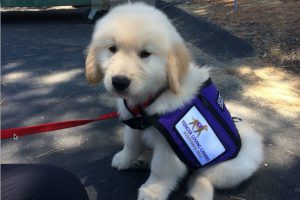 Anyone who has had a pet knows the therapeutic value they can have. Studies have shown that companion animals can help alleviate depression, help with physical tasks, and ease social pain. While there are many wonderful organizations throughout the world training animals to serve as companions for a variety of reasons, we especially liked this story, as the training benefits both prisoners and individuals with autism.
Anyone who has had a pet knows the therapeutic value they can have. Studies have shown that companion animals can help alleviate depression, help with physical tasks, and ease social pain. While there are many wonderful organizations throughout the world training animals to serve as companions for a variety of reasons, we especially liked this story, as the training benefits both prisoners and individuals with autism.
Tender Loving Canines Assistance Dogs (TLCAD) has been helping to train and place assistance dogs in San Diego County, California, since 1998. It focuses on two underserved communities—individuals with autism (through its Leash-on-Life program) and Wounded Warriors military veterans (though its At Ease program). TLCAD trains puppies from local breeders, as well as dogs rescued from euthanasia at local animal shelters. Facility service dogs have been placed with individuals, as well as schools, therapy centers, outpatient clinics and military hospitals.
TLCAD first launched its POOCH (Prisoners Overcoming Obstacles & Creating Hope) program in partnership with the Richard J. Donovan Correctional Facility, to help provide “an opportunity for education, rehabilitation and community improvement within the prison system.” POOCH also help the organization meet the increased demands for service dogs in the two communities it services. Because the inmates spend so much time with the dogs, the typical training period of two years (when starting with an eight-week-old puppy) to one-and-a-half years or even one year.
The POOCH program helps TLCAD train more puppies, but it also has extremely beneficial results for the prisoners who do the training. Because they’re learning how to use positive reinforcement to train the dogs, and the way that the dogs respond to that positive reinforcement, the inmates are also learning how to positively and effectively interact with their own environment. In a way, the dogs are serving as models of proper responsive behavior.
In July, the POOCH program expanded to a second correctional facility, Mule Creek State Prison in Ione, California. A group of inmates there are living with three puppies while training them. “You can tell that the mood on the yard instantly changes when the dogs are there,” Stephanie Santos, training director for TLCAD told ABC News. One man hadn’t pet a dog in more than 40 years.
“When I saw the dogs on the yard, it immediately brought a joy to me…it made me smile. In here, smiles are kind of few and far between; they’re hard to come by,” explained one inmate. Another one said, “I think I have a hardened soul. I’ve been doing criminal activity for so long… but he’s made me feel humble… and I feel appreciated.”
“These dogs are helping heal the inmates, and in turn, these inmates are helping train dogs who will then make a difference in the lives of the people who need them,” Santos explained.
To find out more about these wonderful organization, please visit the TLCAD website.



 PBS Digital Studios, together with
PBS Digital Studios, together with 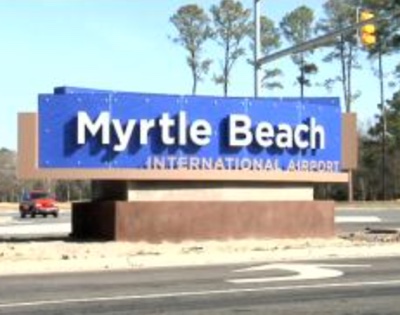
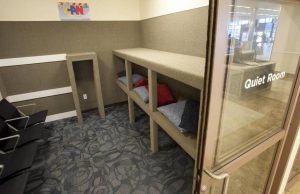 Back in the beginning of 2016, the town of Surfside Beach, South Carolina,
Back in the beginning of 2016, the town of Surfside Beach, South Carolina, 
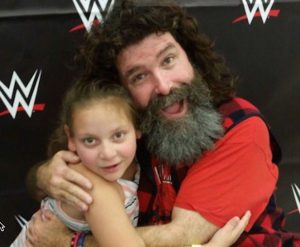 While wrestling fans have heard of WWE Hall of Famer Mick Foley, they might not know that he’s got a heart of gold that might be even bigger than his in-the-ring persona.
While wrestling fans have heard of WWE Hall of Famer Mick Foley, they might not know that he’s got a heart of gold that might be even bigger than his in-the-ring persona.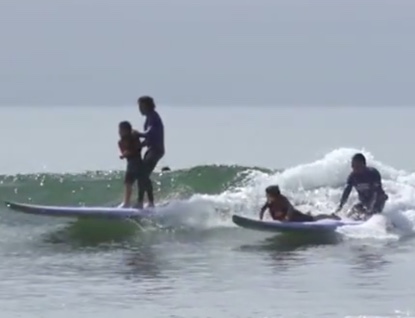
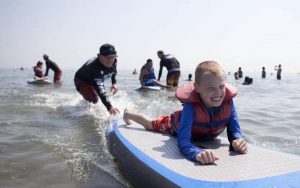 For those of us who love the ocean, nothing compares to the feelings of freedom and peace that it brings.
For those of us who love the ocean, nothing compares to the feelings of freedom and peace that it brings. 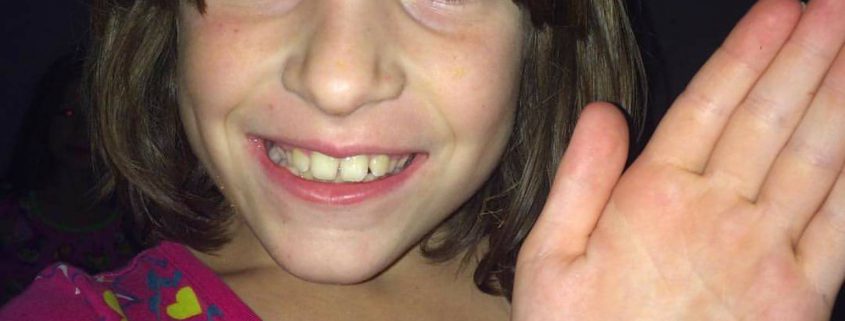
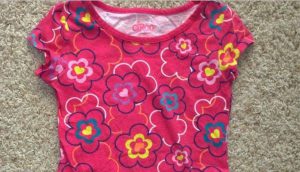 What happens when your child fixates on something and nothing else will do? If you’re smart, you post on social media and hope that—somehow, some way—your words are heard by a larger audience.
What happens when your child fixates on something and nothing else will do? If you’re smart, you post on social media and hope that—somehow, some way—your words are heard by a larger audience.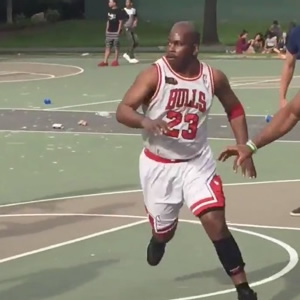
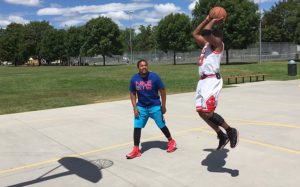 Back in the beginning of July, a video of Jeffrey Harrison in Coeur D’Alene, Idaho, went viral. The video showed him playing a pickup game of basketball, dressed in Michael Jordan gear from head to toe—the jersey, the shorts, the sneakers, and even the sweatband on his left arm and compression sleeve on his left leg. Local news channel KREM (a CBS affiliate)
Back in the beginning of July, a video of Jeffrey Harrison in Coeur D’Alene, Idaho, went viral. The video showed him playing a pickup game of basketball, dressed in Michael Jordan gear from head to toe—the jersey, the shorts, the sneakers, and even the sweatband on his left arm and compression sleeve on his left leg. Local news channel KREM (a CBS affiliate) 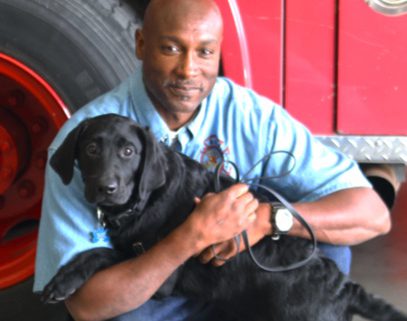
 Anyone who has had a pet knows the therapeutic value they can have.
Anyone who has had a pet knows the therapeutic value they can have. 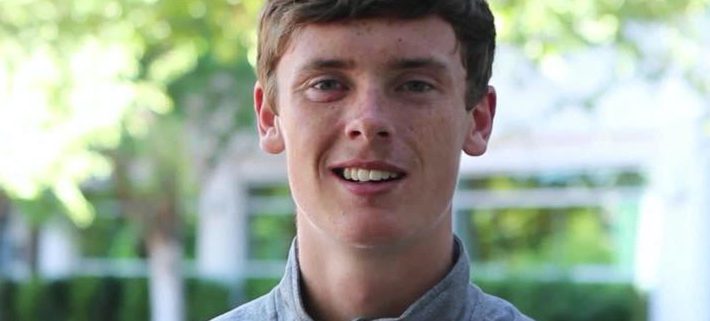


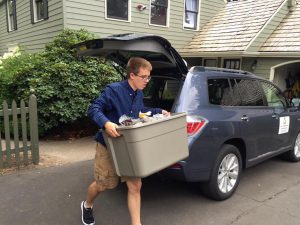 It’s no secret that not everyone has the skills that are traditionally necessary to land, and keep, a typical job. Increasingly, we’ve heard stories about parents helping their children start their own businesses, for a variety of reasons. This is one of those stories.
It’s no secret that not everyone has the skills that are traditionally necessary to land, and keep, a typical job. Increasingly, we’ve heard stories about parents helping their children start their own businesses, for a variety of reasons. This is one of those stories.